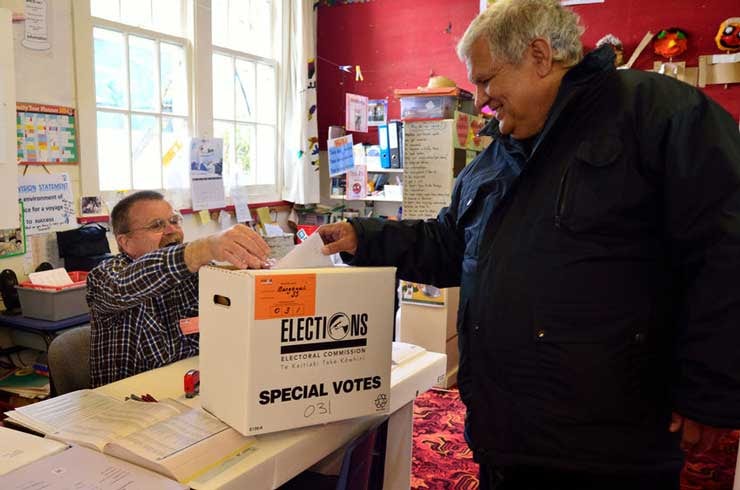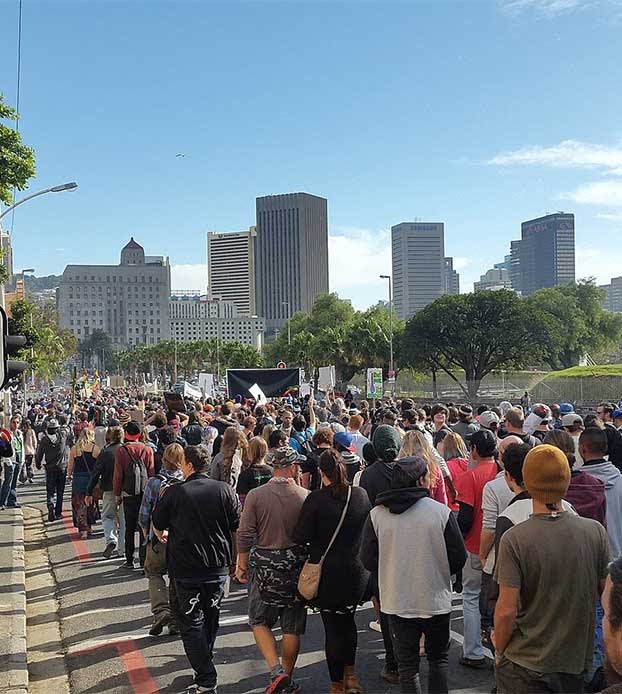
New Zealanders will get to decide whether to legalize cannabis for adult use later this year, and the referendum they are voting on is being touted as the most progressive in the world.
The yes-or-no referendum, which will take place during the country’s general elections in September, will not directly legalize cannabis but would obligate parliament to pass legislation doing so. The country already has a medical cannabis program.
Update: The referendum was voted down by a margin of 50.7% to 48.4%.
If New Zealand’s referendum and legislation pass, it would join Canada and Uruguay as the only countries in the world to legalize recreational marijuana on a national level. Nearly a dozen US states have legalized cannabis and Mexico is expected to codify its legalization in the coming months.
New Zealand’s legislation was lauded for its declared intentions of harm reduction, and its evidence-based approach to cannabis.
“This Bill doesn’t create a cannabis market, it puts solid public health controls over this existing market,” Ross Bell, executive director of New Zealand’s Drug Foundation, told Stuff, one of the country’s leading news site. There are currently 600,000 illicit cannabis consumers in the country of nearly 5 million, he said.
The proposed legalization, which allows New Zealanders aged 20 and over to buy up to 14 grams a day and grow up to two plants, only permits the sale of cannabis flower and seeds — not edibles or concentrates — and limits the THC concentration to 15%.
In addition to mandating that authorities ensure Māori and economically disadvantaged populations are represented among those given licenses to cultivate legal cannabis, the bill also puts strict limits on how much control of the market anyone or any entity may have.
For instance, the law forbids vertical integration — a company may grow or sell cannabis but not both. It also caps the total amount of cannabis available in the market at any given time, and the market share of any business to 20% in order to give small businesses a chance.
“The bill is very good for businesses that have community well-being as a priority, and it seems well-suited to supporting growers to move from the illicit market into legal production fairly easily, and for indigenous communities and, explicitly at the family level, to be fully included in the new industry,” Manu Caddie, regulation and innovation lead for Rua Bioscience in New Zealand’s Tairawhiti region told Marijuana Business Daily.
Cannabis industry professionals and legalization advocates have long urged countries and states considering marijuana legalization to learn from the mistakes of those that come before them. In a recent episode of The Cannabis Enigma podcast, Tilray VP Philippe Lucas spoke about the lessons the world can learn from the first decade of legalization in Canda.
Sign up for bi-weekly updates, packed full of cannabis education, recipes, and tips. Your inbox will love it.

 Shop
Shop Support
Support
















